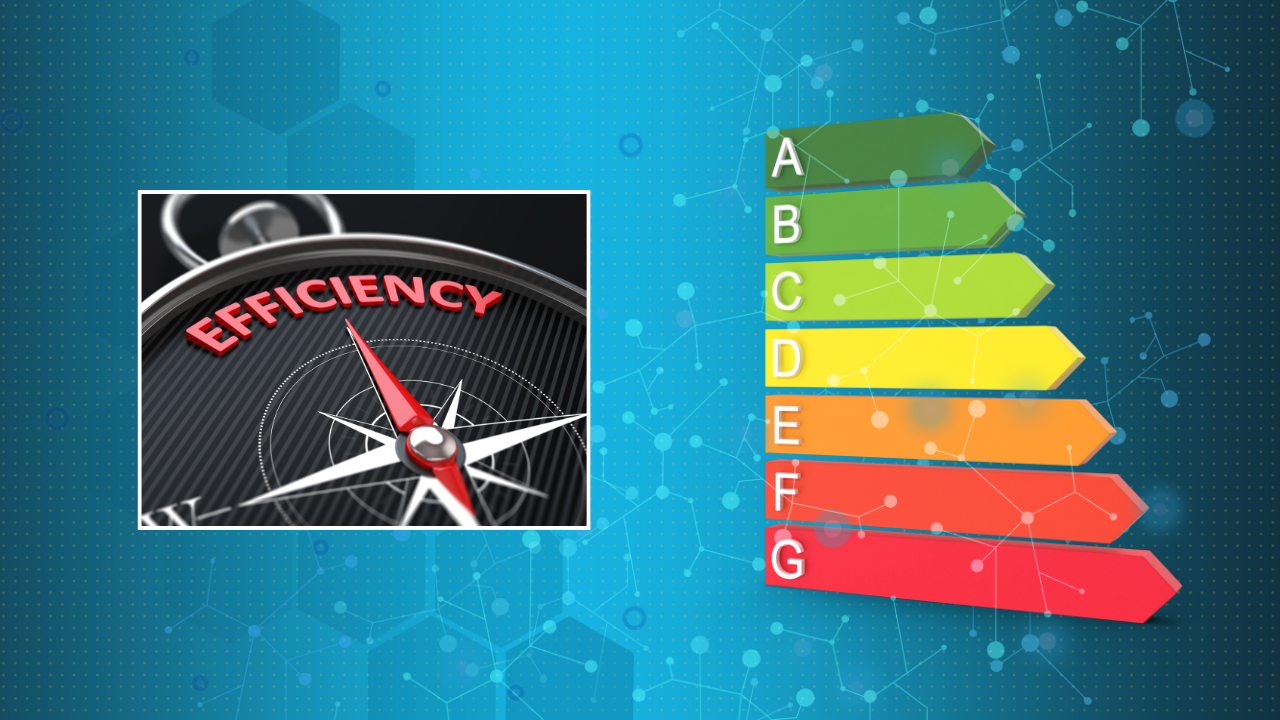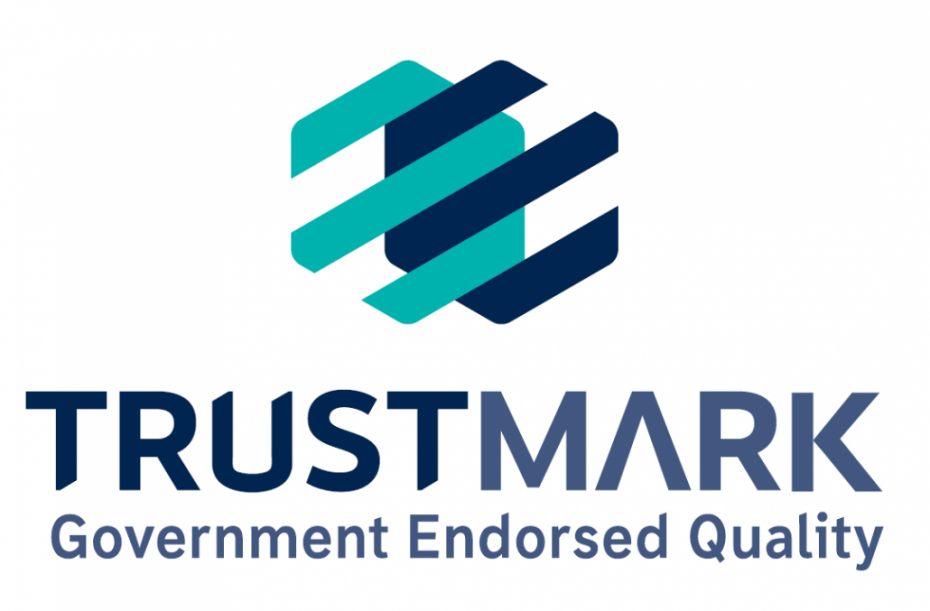The Race to Energy Efficiency: What UK Businesses and Landlords Need to Know in 2025
Energy efficiency is no longer a “nice to have.” In the UK, regulation, rising costs, and shifting public expectations are forcing building owners and operators to act now. Here are the headlines shaping the retrofit and compliance landscape today.
EPC Deadlines Driving Urgency
By 2027, all rented properties will need an EPC rating of C or above. By 2030, the bar rises to B. Any property that falls short risks becoming unlettable. A recent study suggested fines could reach £1.66 billion if current housing stock fails to improve in time. For landlords and commercial property owners, the message is clear: upgrade now or lose revenue later.
Public Funding on the Table
The government has announced a £1.8 billion investment into energy-saving upgrades for social housing. The focus is on fabric improvements like insulation and windows, combined with renewable technologies such as solar panels and heat pumps. This shows where the market is heading: large-scale, whole-building upgrades that deliver lasting savings and meet compliance.
Energy Costs Still Biting
Despite stabilisation in wholesale markets, UK businesses and households are still facing energy bills up to 60% higher than three years ago. Wasted energy directly eats into operating margins and household budgets. Efficiency remains the most reliable way to cut costs and improve resilience against future price rises.
Battery Storage on the Rise
EDF recently partnered with Fidra Energy to develop two large-scale battery storage units in Yorkshire. When completed, they’ll deliver capacity of around 560MW, helping balance supply and demand as more renewables come online. Storage technology is moving fast, and businesses with on-site renewables are already looking at ways to capture and use more of their own energy.
What This Means for You
For local authorities, landlords, contractors and businesses, the pressure is building on two fronts: compliance deadlines and financial performance. The quickest wins often come from fabric measures such as insulation, ventilation, and glazing, paired with modern systems like heat pumps, solar PV and battery storage. The result is reduced consumption, lower bills, improved comfort, and stronger asset value.
At TF Energy, our focus is on delivering practical, whole-building solutions that cut through the noise. We manage compliance and installation from start to finish, giving clients confidence that their properties are future-proof, cost-efficient, and ready to meet the standards ahead.













